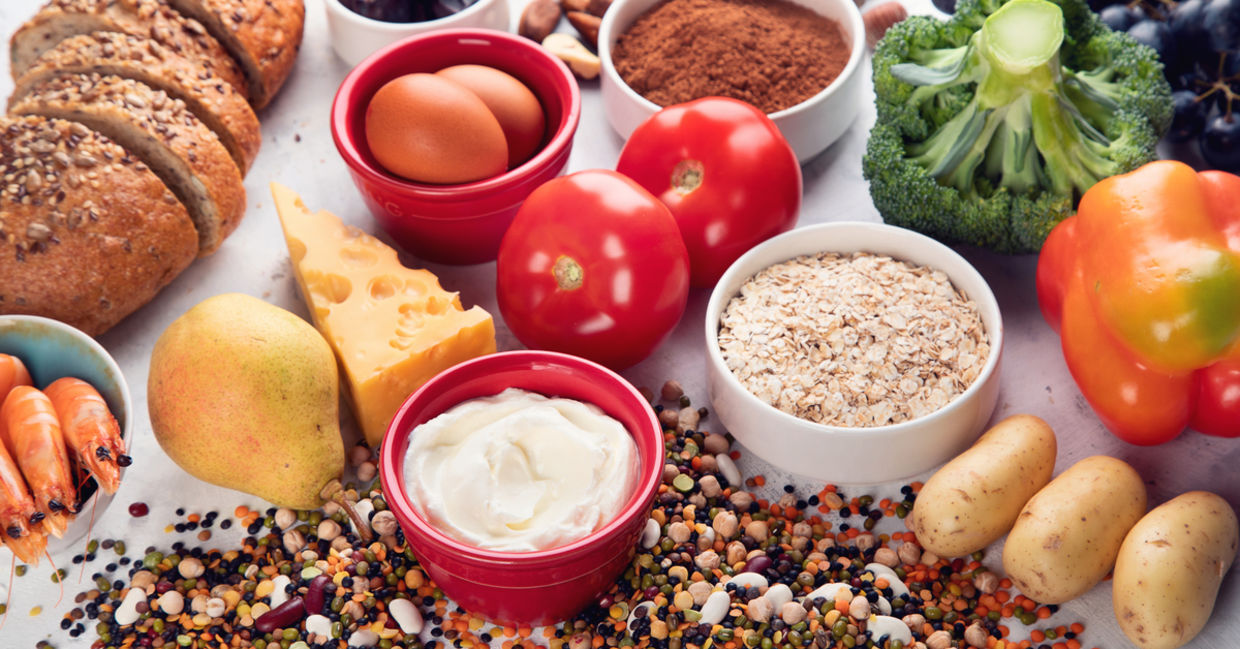After the World Health Organization (WHO) declared the Covid-19 coronavirus outbreak as a global pandemic, many videos about panic purchases where toilet paper and other hygiene products began to circulate on various social networks
They are the most demanded, therefore, in this note I tell you how to make smart purchases to have in your pantry during the quarantine by the Covid-19.
While in Kenya we are taking preventive measures for COVID-19 pandemic
There are scarce products such as masks, alcohol, disinfectant, antibacterial gel, toilet paper and food, leaving no supply to many shops, but what are the products you really need in an emergency situation?
Essential food for quarantine by Covid-19
In a smart purchase in cases of contingency, the following products should not be missing:
- Cereals like flour, pasta, rice, oats
- Canned tuna, sardines or frozen salmon
- Canned vegetables, but low in sodium levels
- Peanut butter
- Pasta and beans
- Olive oil
- Oats and nuts such as almonds, dehydrated pineapple, melon, walnuts, or hazelnuts
- Vegetables: spinach, chard, cauliflower, carrots, squash, potatoes, onion, raw garlic heads, and low-salt packaged purées (broccoli, lettuce, and tomato are ruled out)
- All non-climate fruits, that is, those that last longer such as orange and tangerines
- Bottled water
- Legumes such as chickpeas, lentils, and frozen peas
- Dairy: powdered milk and yogurt
- Chocolate
- Coffee, teas and spices to make infusions
- Ham, chicken and meat to prepare at home
To make a good purchase in emergency situations, it is important that you pay close attention to the expiration date of all your products, for example, in the case of pasta, rice and canned foods, they can last up to six months in perfect condition if the keep in a cool and dry place.
You should keep in mind that fresh products such as meat or seafood are perishable and therefore, its consumption is recommended in less than two to three days unless you freeze them so that they last longer.
Eggs are also considered perishable foods, however if you keep them in a cool place they can have a consumption date of up to three weeks.
It does not hurt to make your own first aid kit for any emergency that may arise, I recommend that you include the following elements:
A list of emergency telephones, sterile gauze, bandages of different sizes, medical tape, disinfecting wipes, neutral soap, antibiotic ointment, disinfectant solution such as hydrogen peroxide, paracetamol, ibuprofen, scissors, disposable instant cold packs, alcohol from 70, a pair of latex-free gloves, a flashlight with batteries, antibacterial gel and some face masks.














